The merits of UBI are obvious, so this essay will focus on how to pay for it.
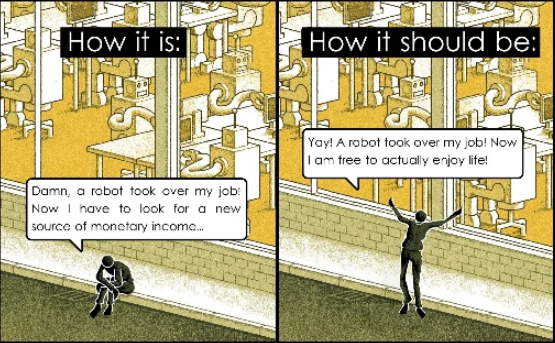
A public central bank will provide UBI for everyone. Here is the proof…
While welfare penalises participation in the economy, with UBI one is free to take a job or create your own products or services without having your UBI clawed back.
This has proven to lead to a renaissance of ingenuity and creativity, rather than the disgrace and discouragement of welfare.
![plan_negocios[1]](https://governingtaxfree.files.wordpress.com/2018/06/plan_negocios11.png)
OK, here are the numbers !!
Taking the Canadian population of 30 million as the example, then if every adult received $12,000 per year that would amount to 360 billion.
Since private banks create Canadian dollars out of nothing, then so can the government as was the case prior to 1973 by the Banque du Canada, saving interest payments of 60 billion.
The public Banque du Canada would need to introduce new currency as the economy grows to maintain price stability. Assuming a growth rate of 2% on a GDP of 1.5 trillion that amounts to 300 billion.
To sum up (in billions)
(360) – Universal Basic Income
60 – Interest payments
300 – Price stabilisation
This $360 billion is created by the country anyway.
It is up to us to decide whether it
Please support COMER and IMMR and to return to a democratically managed currency as it was prior to 1973.
Basic income is a necessity
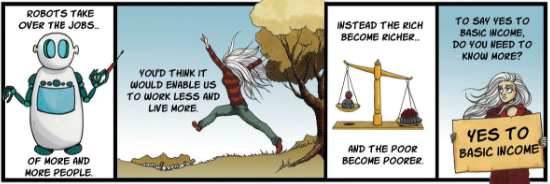
How to pay for Universal Basic Income

A public central bank will provide UBI for everyone. Here is the proof…
While welfare penalises participation in the economy, with UBI one is free to take a job or create your own products or services without having your UBI clawed back.
This has proven to lead to a renaissance of ingenuity and creativity, rather than the disgrace and discouragement of welfare.
![plan_negocios[1]](https://governingtaxfree.files.wordpress.com/2018/06/plan_negocios11.png)
OK, here are the numbers !!
Taking the Canadian population of 30 million as the example, then if every adult received $12,000 per year that would amount to 360 billion.
Since private banks create Canadian dollars out of nothing, then so can the government as was the case prior to 1973 by the Banque du Canada, saving interest payments of 60 billion.
The public Banque du Canada would need to introduce new currency as the economy grows to maintain price stability. Assuming a growth rate of 2% on a GDP of 1.5 trillion that amounts to 300 billion.
To sum up (in billions)
(360) – Universal Basic Income
60 – Interest payments
300 – Price stabilisation
This $360 billion is created by the country anyway.
It is up to us to decide whether it
- goes to private banks (the very mechanism by which the rich become richer at our expense) or
- comes to the people (who produce it).
Please support COMER and IMMR and to return to a democratically managed currency as it was prior to 1973.
Basic income is a necessity

How to pay for Universal Basic Income
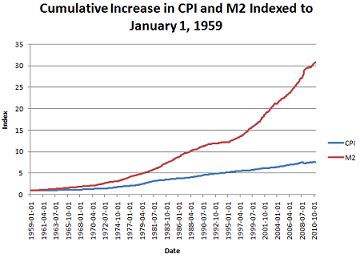
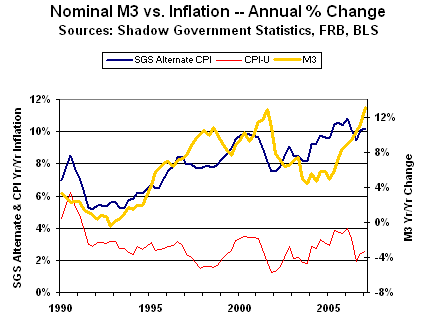
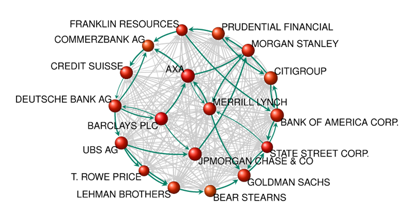


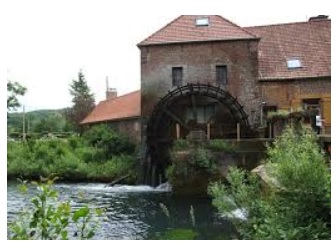 The mill’s construction drew on forests and quarries for raw materials, and on carpenters and masons for skills, stimulating demand and thus economic activity
The mill’s construction drew on forests and quarries for raw materials, and on carpenters and masons for skills, stimulating demand and thus economic activity